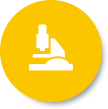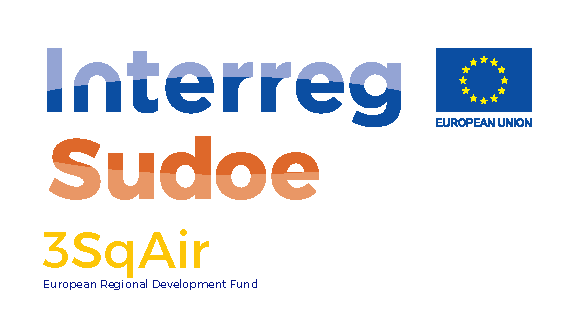A common action plan will be designed for smart specialization to guarantee indoor air quality (IAC) in the classrooms of the SUDOE space. CAI affects health and will be analyzed more closely by Covid19. Conducting an interdisciplinary debate with key stakeholders is part of the social responsibility to promote health in buildings.
The main objective is to develop a common strategy to ensure optimal CAI in educational buildings, implementing innovative, sustainable and intelligent solutions ranging from passive and active CAI equipment, low carbon technologies, automatic and manual actions to changes in human behavior. Therefore, the CAI improvement strategy not only focuses on technical aspects, but also includes social factors such as the intellectual performance of students. Both approaches are essential and complementary to achieve an improvement in IAC, energy efficiency, health and well-being, which also addresses the transnational and cross-cutting challenges in educational buildings. In the implementation of actions on the CAI, transnational cooperation is needed to evaluate the impact of the cultural, technical and legal aspects of the SUDOE space.
A RIS3 strategy will be established to ensure CAI in SUDOE classrooms as the main product, providing other linked products, such as a methodological framework for classrooms, awareness campaigns, an online platform of best practices and an open source and hardware IoT platform. Pilot cases will be carried out at different educational levels, where an innovative methodology for building energy management systems will be implemented, which allows the selection and integration of solutions to improve the CAI. During all activities, a community of experts will be created to ensure technology transfer and create value for multiple key players. The innovative aspect is the IoT solution, which allows easier and cheaper replication and continuous updating, in contrast to commercial software. It includes innovative methods to measure the well-being of users.


